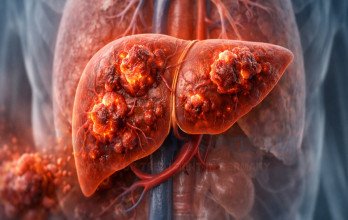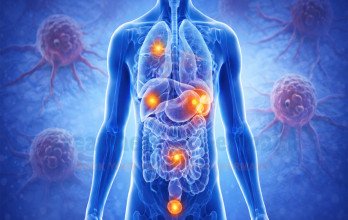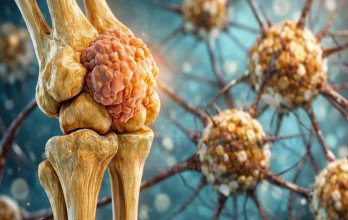
Learn about treatment options and advanced therapies for liver metastases, including TACE treatment and dendritic cell immunotherapy in Germany, with structured diagnostics, and international patient support through TIG.

Explore treatment options for colon cancer and bowel cancer in Germany, including TACE Treatment, TACP Treatment, and Immunotherapy Dendritic Cell Therapy, with advanced diagnostics and international patient support through TIG.

Explore treatments options for stage 4 non–small cell lung cancer in Germany, including TPCE and TACP therapies through TIG for International Patients.

Explore treatment of stage 4 ovarian cancer in Germany, including targeted embolization treatment and immunotherapy dendritic cell therapy, with structured diagnostics and international patient support through TIG.

Learn about advanced ovarian cancer treatment in Germany, including targeted embolization and immunotherapy dendritic cell therapy with full support through TIG.

Explore metastatic cancer treatment in Germany, including TACE, TACP, TPCE, targeted embolization, and dendritic cell immunotherapy, with advanced treatment options and complete logistical support for international patients through TIG.

Explore advanced breast cancer treatment in Germany, including dendritic cell therapy, TACE and TACP treatments, diagnostics, clinical trials, and complete international patient support through TIG.

Explore innovative glioblastoma immunotherapy treatment in Germany, including dendritic cell therapy, diagnostics, clinical trials, and coordinated treatment for international patients through TIG.

Explore NanoKnife pancreatic cancer treatment in Germany, including procedure details, cost, advanced diagnostics, and coordinated treatment for international patients through TIG.

Explore stage 4 (metastatic) colon cancer clinical trials in Germany, including TACE Treatment, TACP Treatment, and Immunotherapy Dendritic Cell Therapy, with expert care and complete international patient support through TIG.

Radiation Treatment for Prostate Cancer in Germany offers advanced diagnostics, latest technology, and regulated oncology care through German oncology centers, supporting international patients with structured treatment pathways.

Learn about glioblastoma treatment options in Germany, including Immunotherapy Dendritic Cell Therapy, advanced diagnostics, and innovative treatment pathways for international patients seeking structured brain cancer treatment.

Discover the latest treatments for stage 4 colon cancer in 2025, including TACE Treatment, TACP Treatment, and Immunotherapy Dendritic Cell Therapy, with structured care and complete international patient support through TIG.

Discover glioblastoma treatment with dendritic cell immunotherapy in Germany, including diagnostics, immune-based therapy, costs, clinical trials, and international patient support through TIG.

Learn about osteosarcoma treatment with dendritic cells in Germany, including immunotherapy process, safety, cost, and international patient support through TIG.

.webp)
 (1).webp)

.webp)
 (1).webp)


.webp)
 (1).webp)

.webp)
 (1).webp)
